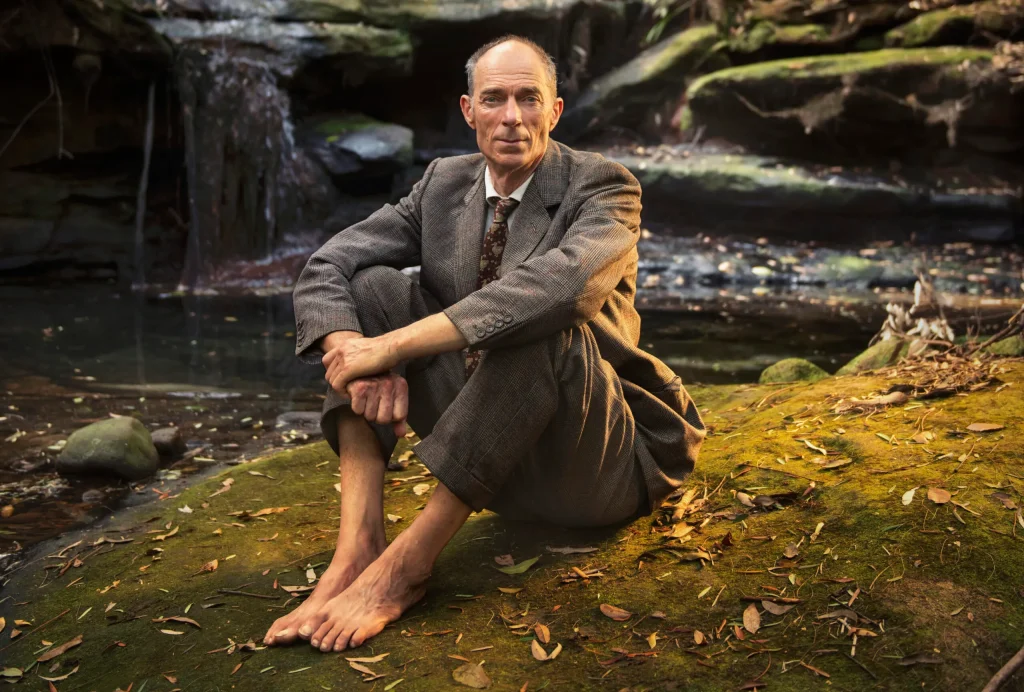
Voices of Experience
Highlights from our Guest Speakers
One of the key features of how we conduct the Explorers Mindset Leadership Programme is the guest speakers we feature throughout the programme – the ‘Voices of Experience’ who bring their own perspectives and insights into leadership.
Our goal has been to bring people who the participants may not normally meet or hear firsthand in their executive roles; such as a surgeon, a philanthropist, an academic author, a clinical psychologist and of course, world-renowned modern-day explorers.
Each guest speaker is challenged to bring their lived experience in one of the attributes in the leadership model of the programme, adding a modern-day and real-world perspective to augment the historic leadership lessons from the Antarctic explorers.
From each of the 60 minute presentations the speakers give, there have been some amazing insights and points of view that the attendees have connected with and found great value in. To share one ‘gem’ from each of these voices of experience:
Chris Darwin – Mountain Guide, Philanthropist and great, great grandson of Charles Darwin:
“The famous evolutionary biologist Charles Darwin was the epitome of curiosity. He guided his thinking by three key rules. The first was: Facts and observations, not feelings and opinions. Look for evidence and replicable data. The second was: Allocate time to think every day; give oneself uninterrupted time and space to think about the issues and challenges that matter. The third, which surprises many is this: Pay special attention to evidence that contradicts one of your beliefs. It’s easy to select evidence to support your belief or hypothesis, but it’s a braver individual who seeks out evidence that goes against one’s beliefs.”
Ben Renshaw – International Leadership Author:
“What is your why? This is probably the most important question you can ask yourself
when looking at how to improve your commitment and conviction. In the absence of having a clear why, in other words to understand your personal purpose, you will fail to have a North Star guiding you in the direction you want to go. A clearly defined and articulated purpose will help you be internally driven, rather than externally influenced. It will act as a golden thread linking your personal and professional ambition enabling you to achieve success and feel successful.”
Justin Miles – Leadership & Performance Coach
“There is a double edge of loyalty – the need to be there for the group yet intimate with individuals as well – this means getting up close to people and touching their lives. It’s almost like customising, personalising, interacting with, and anticipating needs and desires of each individual you lead. People love things that that love them back (think of your dog) making loyalty a two-way street. Any loyalty a person feels to a leader will derive from the types of experiences the leader creates for them. Outside of fairy stories, loyalty is rarely absolute, and ‘Loyalty Beyond Reason’ is not a claim to 100% loyalty. After all, loyalty in human relationships gets tested and can be betrayed.”
Lydia Bradey – Adventurer and Mountaineer:
“In order to rise to a challenge, it is necessary to have one with value & purpose. In order to achieve resilience together you need a sense of community and being in things together. You should seek to find some joy in the everyday challenges. In any endeavour, you have to believe in each small step having value in the enterprise, a belief in why you are there and the tenacity and resilience to keep going forward on the path.”
Saxon Connor – Liver & Pancreas Surgeon, Canterbury District Health Board:
“Perhaps unique to surgery: I am not the one taking the risk. The patient and family have to be prepared to take the risk. Optimal performance in a complex adaptive system is never due to one single individual. Leadership creates the environment for the system to function well, and so when performing under pressure you need to be able to adapt, change and be flexible. The right environment for optimal performance needs positive emotions such as trust, curiosity, confidence and inspiration.”
Harold Hillman – Author & Clinical Psychologist:
“Oftentimes it means letting go, trusting others, allowing others to have a voice. As a leader, having the courage to embrace vulnerability is huge. As a leader, I don’t have to be the smartest person in the room, I don’t have to always come up with the decisions. I can wear my mana well and open up latitude for others to help me be successful. Certainly, if you always have to be right, then you’re going to struggle in today’s world leading younger people.”

We’re incredibly fortunate to have our guest speakers, the Voices of Experience, join us and share their insights into the leadership attributes that underscore the Explorers Mindset Leadership Programme.
